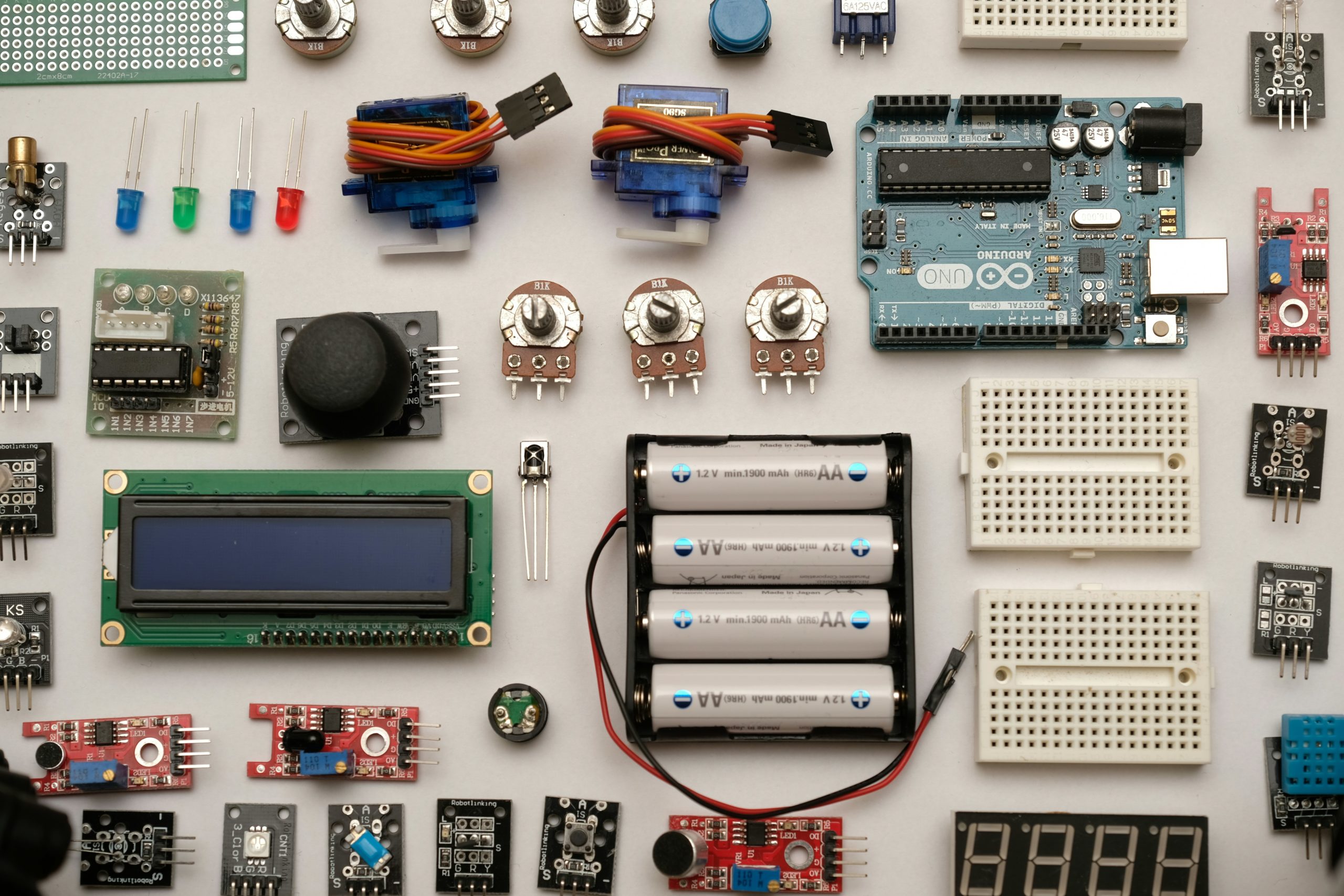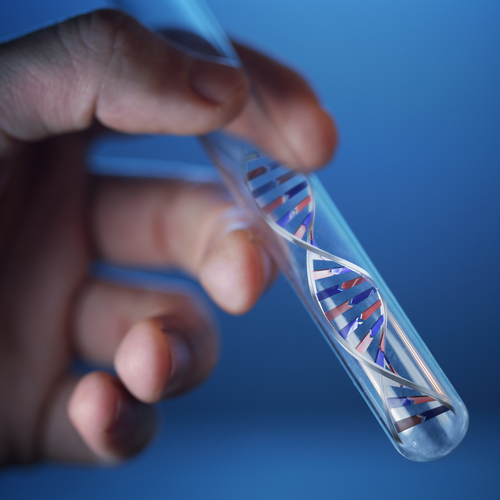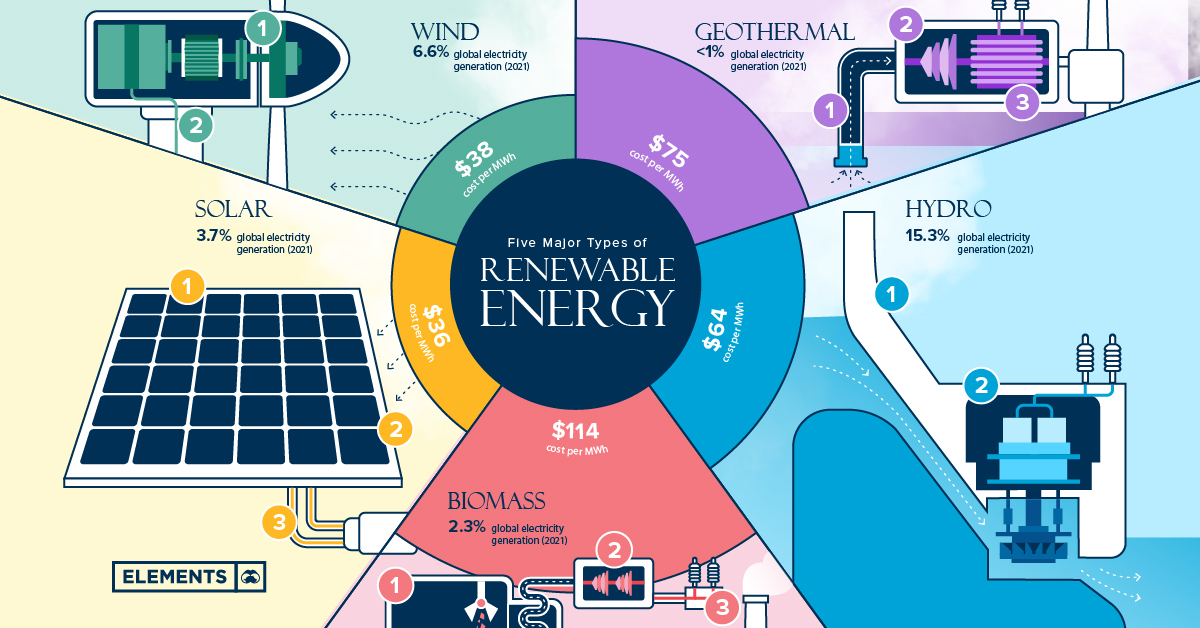“Nanotechnology in Medicine: Tiny Tools for Major Breakthroughs”
Nanotechnology, the science of manipulating matter on an atomic and molecular scale, has been making incredible strides in various fields. One area where nanotechnology is revolutionizing the world is medicine. With the ability to create tiny tools and devices, nanotechnology is transforming healthcare and paving the way for major breakthroughs. From targeted drug delivery to early disease detection, the impact of nanotech in medicine is truly incredible.
Revolutionizing Healthcare with Nanotechnology
Nanotechnology is revolutionizing healthcare by enabling precise and targeted treatments. With nanoscale tools, doctors can deliver medication directly to affected cells, minimizing side effects and increasing efficacy. Nanoparticles can be designed to release drugs over extended periods, ensuring a continuous and controlled release. This targeted drug delivery approach is particularly promising for cancer treatments, where nanotechnology can deliver chemotherapy drugs directly to tumor cells, sparing healthy cells from damage.
Additionally, nanotechnology is facilitating early disease detection. Nanosensors can be used to detect minute changes in the body, such as the presence of specific biomarkers, even before symptoms manifest. This allows for early diagnosis and intervention, leading to improved outcomes for patients. Nanotechnology is also being used to develop advanced imaging technologies, such as nanorobots that can navigate through the body to identify and visualize abnormalities.
The Incredible Impact of Nanotech in Medicine
The impact of nanotechnology in medicine is truly incredible. It has the potential to revolutionize the way diseases are diagnosed, treated, and prevented. By enhancing drug delivery systems, nanotechnology can minimize side effects and increase the effectiveness of treatments. Nanoparticles can be engineered to specifically target diseased cells, leaving healthy cells unharmed. This level of precision has the potential to transform the field of medicine, making treatments more personalized and efficient.
Furthermore, nanotechnology is aiding in the development of regenerative medicine. Nanoscale scaffolds can be used to support tissue regeneration and promote healing. By mimicking the structure and properties of natural tissues, these scaffolds provide a framework for cells to grow and regenerate damaged tissue. This has the potential to revolutionize the treatment of conditions such as organ failure and tissue damage.
Small but Powerful: Nanotechnology’s Medical Marvels
Despite their tiny size, nanotechnology’s medical marvels are making a big impact. Nanoparticles, with their unique properties, are being used to create innovative solutions in medicine. For example, nanomaterials can be engineered to have antimicrobial properties, helping to combat drug-resistant bacteria and prevent infections. Nanorobots, on the other hand, can be designed to perform targeted surgeries or deliver therapeutic agents precisely to specific areas of the body.
Nanotechnology also plays a crucial role in the development of biosensors. These tiny devices can detect and monitor various biological parameters, such as glucose levels or blood pressure. By providing real-time data, biosensors enable individuals to manage their health more effectively and make informed decisions about their well-being. This can lead to early intervention and prevention of complications.
Unlocking the Potential of Nanotech in Medicine
As researchers continue to unlock the potential of nanotechnology in medicine, new possibilities are emerging. One area of exploration is nanomedicine, which aims to combine nanotechnology and medicine to create innovative therapies. For example, researchers are working on nanovaccines that can stimulate a targeted immune response, leading to more effective and personalized vaccination strategies.
Nanotechnology is also opening doors in the field of personalized medicine. By utilizing nanoscale tools and devices, healthcare professionals can tailor treatments to individual patients based on their unique genetic makeup and health conditions. This approach holds great promise for improving patient outcomes and reducing healthcare costs.
Shaping the Future of Medicine: Nanotech Innovations ===
Nanotechnology is rapidly shaping the future of medicine with its tiny but powerful tools and devices. From targeted drug delivery to early disease detection and regenerative medicine, the impact of nanotech in medicine is astonishing. As researchers continue to explore the possibilities, nanotechnology is poised to revolutionize healthcare, providing personalized and precise treatments that improve patient outcomes. With each new breakthrough, we move closer to a world where nanotechnology becomes an integral part of our medical arsenal, transforming the way we approach and treat diseases.












